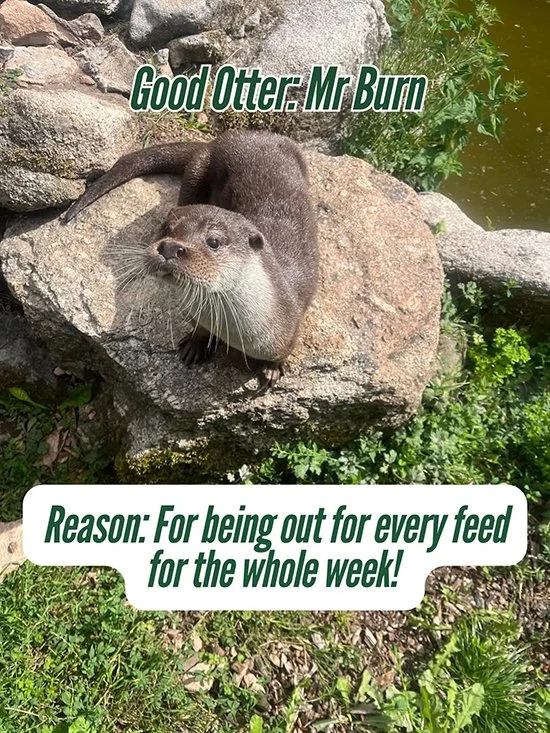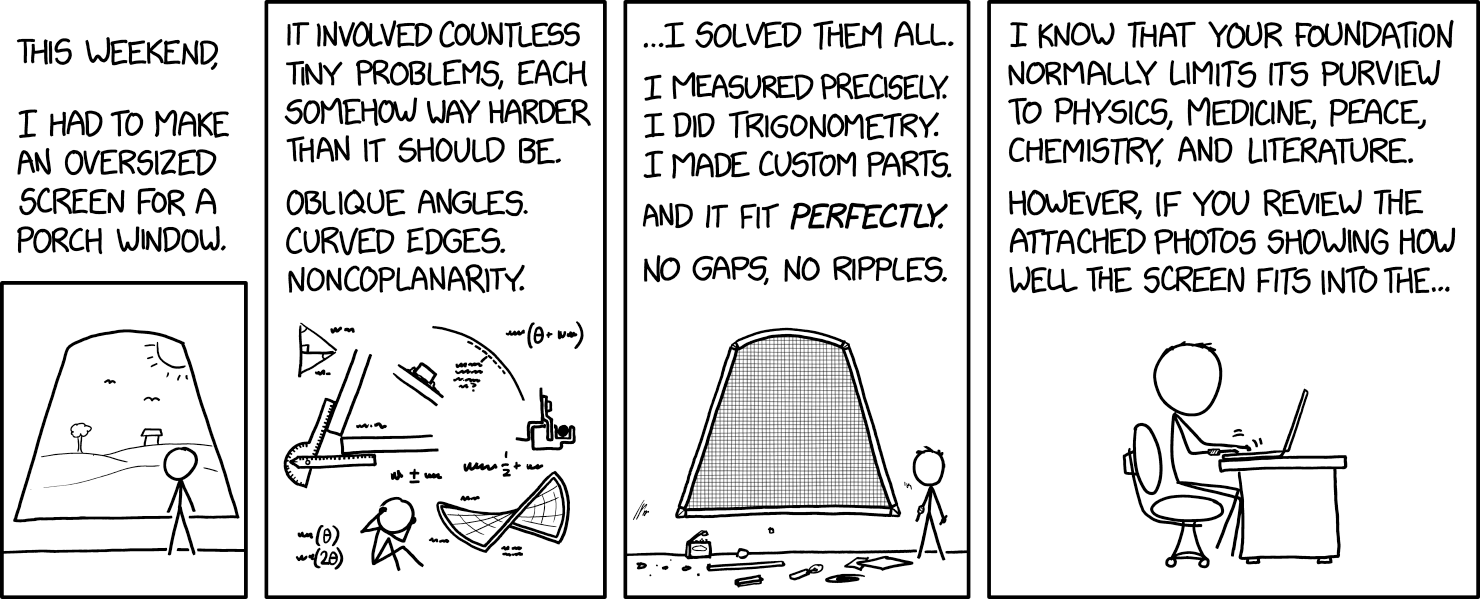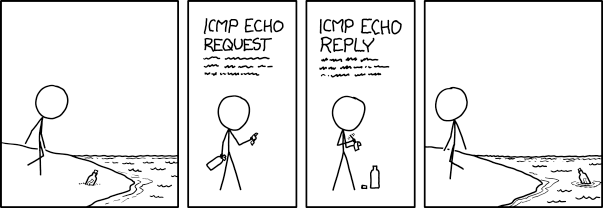The Big Idea: Courtney Floyd
Oct. 8th, 2025 03:50 pm
Though neurodivergent people tend to love the world of academia and absorbing information, the systems and structure of higher education is often antithetical to the needs of differently abled people, both mentally and physically. Author Courtney Floyd expands on this in the Big Idea for her newest novel, Higher Magic, as she recounts her experience with earning her PhD and seeing how the world of education wasn’t designed with inclusivity and accessibility in mind.
COURTNEY FLOYD:
When I first sat down to write the first draft of Higher Magic, I was two years out of my PhD program and still trying to balance the sum of my time there. My sense of the possible had shifted profoundly as I studied literature, learned to research, traveled to conferences and archives, and honed my analytical and interpretive skills. My life had changed for the better. But I was still discovering the many ways my program had taught me to ignore my body and push through exhaustion and anxiety, no matter the cost.
In higher education, you’re supposed to act as though you’re nothing but a floating brain. Oh, nobody ever says that outright. Especially not when you’re a first generation student who slid sideways into the academy and, to everyone’s bewilderment, stuck around. But the expectation is there. Lurking.
I learned to see it sidelong, in the way I was expected to write without using the first person and also in the lack of understanding some professors showed when I couldn’t attend office hours or study groups because I was juggling several jobs to pay my tuition. It reared its head in my mentor’s office, when she snapped impatiently at me because I got jury duty, and couldn’t defer it. It showed up with the brain fog and intense hand cramps after two-hour midterms in which I had to handwrite entire essays.
I came to see it even more clearly as an instructor, in the way boilerplate attendance policies penalized students who were late because of health issues or irregular bus schedules. It haunted me, one term, when one of my students––a veteran who’d recently undergone major surgery––apologized for every single essay he turned in, not because it was late but because he was worried his medication had made him incoherent.
By the end of my time in grad school, I saw the floating brain edict at work every day. In the exam prep or the job search eating up my own and my peers’ lives, turning us into bleary-eyed shadows. In the exhausted way my officemate staggered back from her two week maternity leave, which we’d gone on strike only a year earlier to get. In the student in my cohort who weighed the cost on her mental health and withdrew from the program.
Mind over matter is a brutal either/or.
Either you’re smart enough to figure it out, or you’ll drop out. Either you’ll burn your candle at both ends, or you’ll snuff yourself out trying.
In her book Teaching to Transgress, Black feminist scholar and educator, bell hooks, writes that in classrooms and other institutionalized spaces, “the person who is the most powerful has the privilege of denying their body,” of becoming the invisible default. The cog at the center of the complicated machine. But, as we’ve seen in the past couple of years, when our bodies become too inconvenient–too vocal or visible or vexing–the people in power (in and beyond the ivory tower) can decide to deny our bodies, too. Or make them disappear.
In SFF, we love a good literalized metaphor. When I first had the idea for Higher Magic, graduate students weren’t being literally disappeared for protesting, but students were being quietly pushed out of the academy for needing access and inclusion. For needing systems built to support white, male, nondisabled scholars to change, just a little, so that others could participate.
Fresh out of PhD school in 2019, I knew I wanted to write about that kind of disappearing. Because bell hooks didn’t just pinpoint a problem, she shared a solution, too: “Once we start talking in the classroom about the body, and about how we live in our bodies, we’re automatically changing the way power orchestrate[s] itself.”
Enter Dorothe Bartleby, a first-generation, neurodivergent grad student who is trying her best to be a floating brain at the start of Higher Magic. She quickly learns it’s not sustainable, and spends the rest of the book slowly figuring out how to be a body and a brain at the same time. While tracking down her disappearing students. And getting ready for her last attempt at passing her qualifying exam.
As heavy as all of that is, Bartleby’s story isn’t somber or dark. As she notes early on, “I’d come ready for the slog. I’d thrown myself into it. Battled through overwhelm, exhaustion, burnout. … And I’d done it all because I loved it. The magic. The camaraderie. The sense that I was contributing to something that mattered.”
In writing Bartleby’s story, I tried to balance my exploration of disability, neurodivergence, and embodiment in higher education with the things that carry so many of us through the (unnecessarily) difficult parts of our degrees: curiosity, passion, camaraderie, and love. There are joyful info dumps about research, plot-relevant spreadsheets, plentiful snack breaks and magic cookie recipes. In grad school, research comes alive and ignites our days. It informs our worlds. And sometimes, if there’s a bit of magic in the air, it begins to narrate us in the form of a talking skull.
The big idea in Higher Magic isn’t just that disabled and neurodivergent folks belong in higher ed and deserve to shape what it becomes, it’s that our joy, interests, and whimsy do as well.
Higher Magic: Harlequin|Amazon|Barnes & Noble|Bookshop|Powell’s|Yankee Bookshop (for signed copies)


 Back in 2023, my friend sent me a Tik Tok from a newly opened spa in Columbus called Panacea that was showing off its luxury amenities. The video showed a hot hydrotherapy pool, a cold plunge pool, a eucalyptus steam room, and a Himalayan salt sauna. It looked good enough to convince my friend and I that we needed to go and have a spa day, but much to our dismay, their services were completely booked for months out.
Back in 2023, my friend sent me a Tik Tok from a newly opened spa in Columbus called Panacea that was showing off its luxury amenities. The video showed a hot hydrotherapy pool, a cold plunge pool, a eucalyptus steam room, and a Himalayan salt sauna. It looked good enough to convince my friend and I that we needed to go and have a spa day, but much to our dismay, their services were completely booked for months out.















